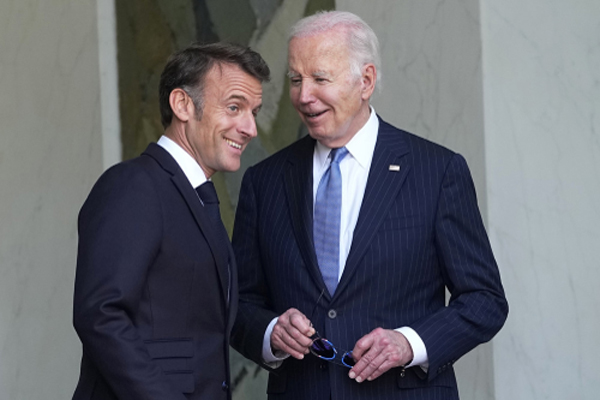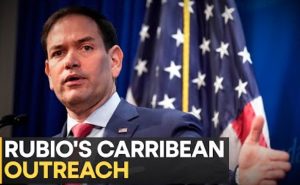
By Joel Kirkland
Climate action on the other side of the Atlantic flourished after the “green wave” and “quiet revolution” of the 2019 elections elevated the Green Party into a force in the European Parliament.
Five years later, a reversal of political fortunes in Europe could upend the move to zero-carbon energy and a hard shift toward electric cars by 2035.
In a continent-wide election that ended Sunday and left Europe’s political establishment in tatters, political support for green policies was undercut by the rightward tide. The center-right European People’s Party will have the highest number of seats in the European Parliament, while far-right parties gained significant ground. Green parties lost almost a quarter of their seats, and support cratered in France and Germany.
Our reporting team in Brussels noted it marked a reversal after climate activists marched in the streets before the last election.
Parties on the left are sure to come to the defense of climate policies. But a fight among factions on the right could also be on the horizon if far-right politicians attack the European Green Deal and its goal of zeroing out climate pollution by 2050.
EPP leader Manfred Weber told POLITICO the European Union’s ban on the sale of combustion engine cars after 2035 was a “mistake” and promised the party would discuss rolling it back in “upcoming days.”
That would mean a split with his party’s lead candidate, European Commission President Ursula von der Leyen, who has backed the ban on the campaign trail.
Sound familiar?
Other than the parliamentary aspect, this all might strike a chord.
In November, American voters face a similar choice: Endorse four more years of a clean energy-driven U.S. industrial policy that took shape under President Joe Biden that aims for a zero-carbon economy in 2050, or return Donald Trump to the White House. If Trump is elected and the federal government takes a far more skeptical viewpoint of the climate problem, hundreds of billions of dollars in subsidies for clean energy technology could wither on the vine.
To get in front of this new wave beating against the political establishment, Biden, U.K. Prime Minister Rishi Sunak and French President Emmanuel Macron are taking dramatic steps, John Harris and Alexander Burns write. On Sunday night, after the strong showing of Marine Le Pen’s far-right National Rally party in France, Macron called for snap parliamentary elections. Sunak has also called for a new U.K. election in early July to shore up support for his beleaguered Conservative government, if possible.
And Biden, who’s struggling to get a handle on worrisome poll numbers, got Trump to agree to the earliest-ever general election debate, scheduled for June 27.
For climate and energy policy in the United States, instability is par for the course. U.S. energy and climate policy have been zigging and zagging since the end of the Clinton presidency. President Barack Obama took a chisel to President George W. Bush’s oil-friendly policies. Trump took a hammer to Obama’s Paris agreement. And Biden overcame united Republican opposition when he redefined what it is to offer federal support for clean energy technology by signing the Inflation Reduction Act
Joel Kirkland/Politico’s Power Switch – June 10, 2024












